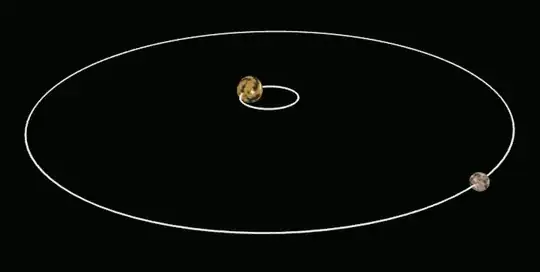I've been watching videos about gravity and I have a question
My understanding is that mass have gravity and gravity is a force which attract other object with mass. For example, I jump up and the Earth's gravity pulls me down.
So my question is, is it always the case that the smaller mass that move towards the bigger mass?
Does the bigger mass EVER move towards the smaller mass?
If two objects with same mass are left in a vacuum, they meet in the middle point of the distance, right?
so what if one of the object has little bit more mass? i would assume the bigger mass would still move towards the middle point (but bit shorter)
If the above is true, can we technically move the Earth by us (human population) jumping indefinitely?
Though, since Earth's mass is 5.972x10^24 and the mass for human population would be around 4.9x10^11 (assuming 70kg avg weight for 7 billion people), it would have a minimal effect but given that we would jump infinity, we can technically move it, I think?
